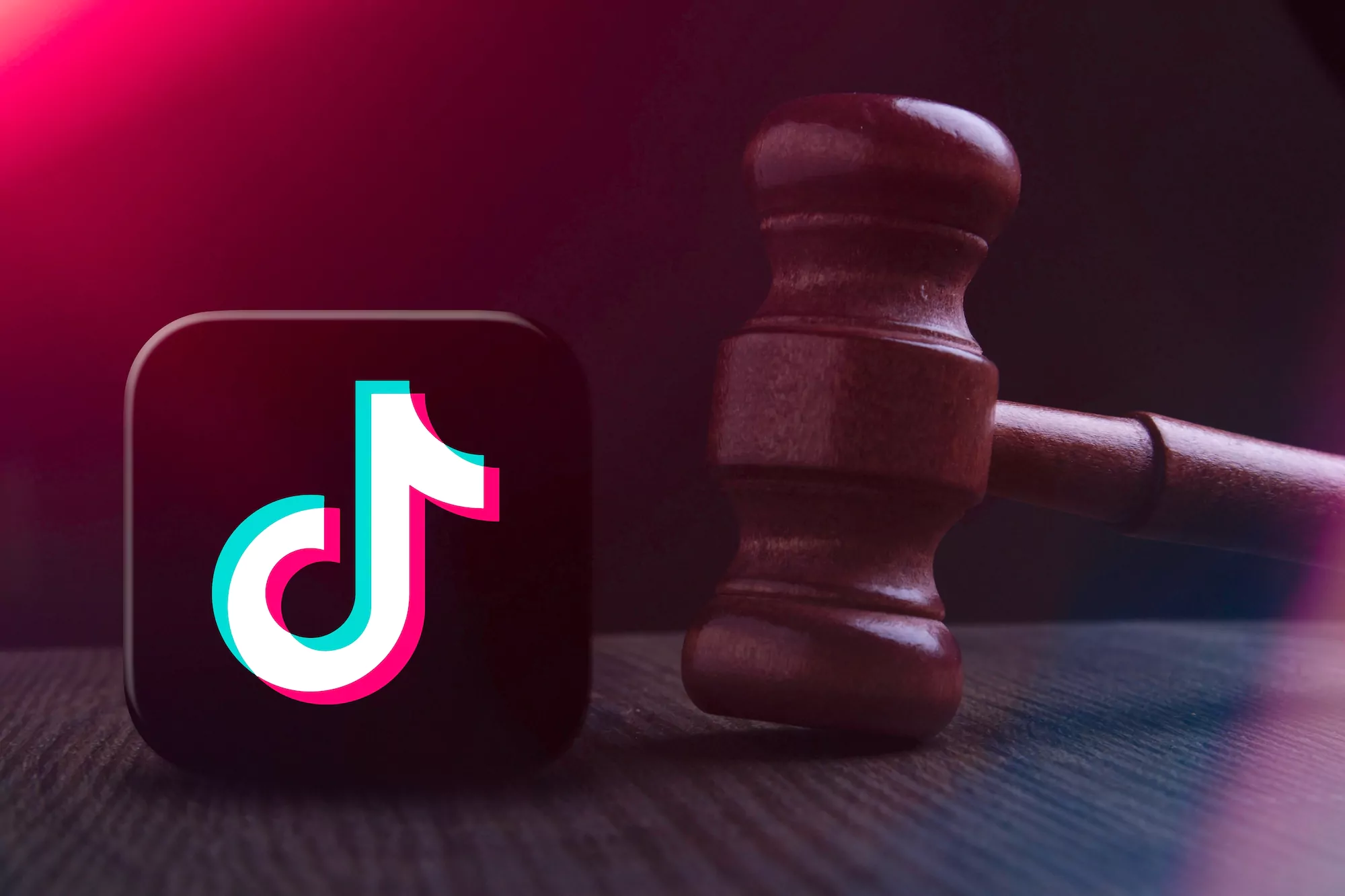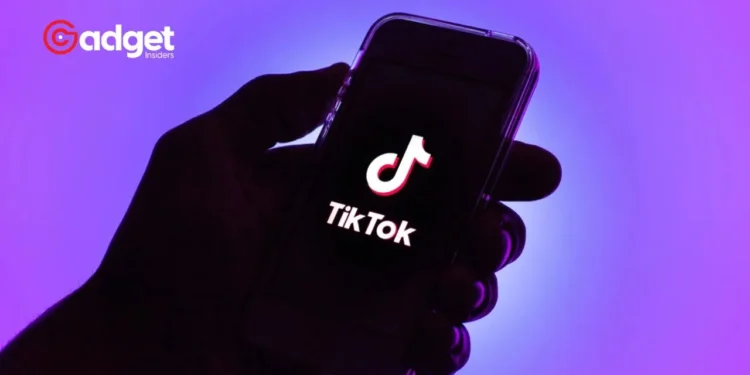Amid mounting pressure from U.S. regulators and intense scrutiny over data privacy concerns, the narrative surrounding TikTok’s operational independence continues to unravel. Recent disclosures from former employees shed light on the intricate ties that purportedly bind the popular social media platform to its Chinese parent company, ByteDance, revealing a complex web of internal practices and data handling that might pose national security risks.

The Heart of the Matter: Questioning TikTok’s Independence
The stage was set for controversy when TikTok CEO Shou Zi Chew faced a barrage of questions from U.S. legislators earlier this year. Lawmakers expressed deep concerns regarding TikTok’s connections to Beijing and the potential threats these relationships could pose to national security. Despite Chew’s efforts to assert the platform’s autonomy, the U.S. House’s subsequent move in March to mandate ByteDance to divest its TikTok shares casts significant doubt on these claims.
Tech Privacy Issues
🔐 At the heart of this controversy is data privacy. How well does TikTok protect user data, and how does this compare with other social media platforms? #PrivacyMatters pic.twitter.com/6mWwqk3hMk
— Mr AP (@MisterAP7) April 16, 2024
In a telling report by Fortune, 11 former TikTok employees provided a contrary perspective, asserting that the social media giant’s operations are far from independent. Their accounts suggest an ongoing influence of ByteDance over TikTok’s strategic and operational decisions. Speaking under the condition of anonymity due to fears of retribution, they disclosed a covert command structure and regular data exchanges that seem to undermine the platform’s efforts to localize user data within the United States.

Project Texas Under Microscope
One of the focal points of regulatory concern is Project Texas, TikTok’s ambitious initiative aimed at preventing data-sharing with China. However, cybersecurity experts remain skeptical about the project’s effectiveness in mitigating the risks of sensitive data transfers. Evan Turner, a former senior data scientist at TikTok, openly discussed the routine communication of U.S. users’ personal details with ByteDance personnel in China, including names, email addresses, and IP addresses. This contradicts TikTok’s claims of stringent data protection measures on American soil.
Moreover, internal tools such as Lark, a messaging system developed by ByteDance, are frequently utilized by staff in China, further complicating the data security landscape. Nnete Matima, a former business development employee at TikTok, expressed frustration over the lack of transparency in data storage, which made it challenging to assure clients about the safeguarding of their information.

Legislative Repercussions and the Road Ahead
The disclosures by former employees come at a time when TikTok is already under the microscope for several privacy and security concerns. The Federal Trade Commission (FTC) has initiated investigations into the company’s compliance with the Children’s Online Privacy Protection Act (COPPA) and the accessibility of U.S. user data to Chinese entities. These investigations could potentially lead to severe repercussions for TikTok, including the RESTRICT Act, which, if passed, would classify TikTok as a foreign entity necessitating a complete severance from ByteDance within 180 days.
As the U.S. government continues to weigh the implications of TikTok’s alleged ties to China, the ongoing debates and legislative actions point to a rocky path ahead for the social media behemoth. The intricacies of data privacy, national security, and international business operations converge in this unfolding saga, posing critical questions about the future of digital data autonomy in an increasingly interconnected world.









